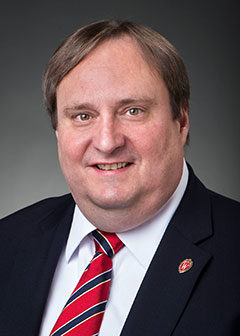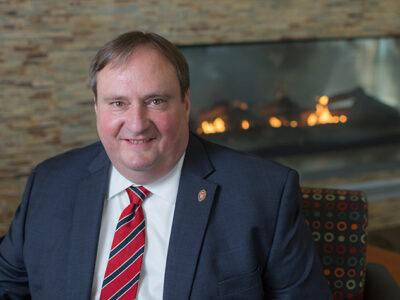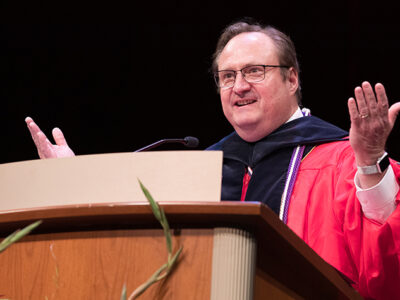
20
June

Whether research, education, outreach or practice, our discoveries, faculty and insights are changing the conversation in almost every area of pharmaceutical, social, clinical, technological and biomedical inquiry. There’s no better place to have those conversations than connecting with colleagues at annual meetings.
“Navigating the Ever-Changing Healthcare Landscape” is the theme of the American Association of Colleges of Pharmacy (AACP) Annual Meeting in July. Attendees will
- Explore the future of pharmacy and pharmacy education.
- Learn from experts on rapid changes in patient-centered care delivery.
- Understand the role of science and research in addressing the opioid crisis.
- Discover new ways to innovate and collaborate, including AACP’s new digital tools.
The welcome and keynote address of the 2017 American College of Clinical Pharmacy (ACCP) Annual Meeting in October, “Big Data for Team-based, Patient-centered Healthcare: A Clinical Framework,” offers a forum for clinical pharmacists to connect in the areas of practice, research, and education through the:
- ACCP Awards Presentation
- PRN Focus Sessions
- Recertification Credit Opportunities
- Professional Placement Forum
- Networking Opportunities
A separate meeting track designed for students, residents, and fellows will include the ACCP Clinical Pharmacy Challenge, tips for residency candidates, career path options, and financial resources for new practitioners.
The 2017 American Association of Pharmaceutical Scientists (AAPS) Annual Meeting and Exposition in November will focus on five themes:
- Advanced Formulation Characterization Approaches
- Patient-Centered Innovations in Healthcare Technology
- Products for Pediatrics: It’s Not Child’s Play
- Improving Inter-organization Collaboration
- Cancer Moonshot: Emerging Modalities for Oncology
While AACP, ACCP, and AAPS may tailor to different audiences, the necessity for a multi-disciplinary approach and cross collaboration is evident with topics such as understanding science and research in addressing the opioid crisis, identifying ways to incorporate and utilize robust data sets/information to improve clinical and humanistic outcomes for patients, and patient-centered innovations in healthcare technology.
Our School has always been at the forefront of the evolution of the profession. As I glance at the meeting agendas, I’m reminded of the prominence of our School and how the contributions of our faculty, staff, and alumni continue to shape the profession and drive research, education, and practice. I encourage you to carve out time this summer and fall to celebrate what you bring to the profession with research, patient care, and policy, and engage on the national landscape.
Whether myself or our faculty, we look forward to seeing you in Nashville in July, Phoenix in August, and San Diego in November. Until then, enjoy the long days of summer, and On, Wisconsin!
Steven M. Swanson, Dean






